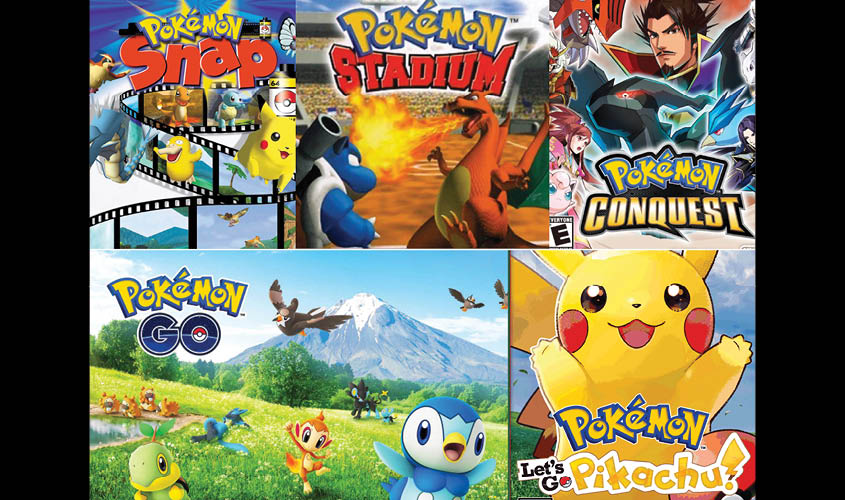For a few heady months in 2016, Pokémon Go transformed the morning commute for millions of people into a critter-hunting safari, populating the ordinary world with a reality-augmented menagerie of Pikachus, Charmanders and Eevies.
Now its creators hope to do the same to the nightly snooze.
Pokémon’s chief executive, Tsunekazu Ishihara, said Wednesday that the Japanese franchise planned to release a new game called Pokémon Sleep in 2020 aimed at nothing less than taking the world of video games into dreamland.
“The concept of this game is for players to look forward to waking up every morning,” Ishihara announced at a news conference in Tokyo.
Or as another game executive said, Pokémon Sleep would find ways to “reward good sleep habits.”
Pokémon Go was one of the first games to use augmented-reality technology when it was introduced in July 2016. Before long, 28.5 million users were roaming the streets at odd hours, eyes glued to their smartphones, even stumbling into unexpected places.
Pokémon Sleep, by contrast, will track sleep patterns and change the game based on how long the user sleeps, and what time he or she wakes up. The game will be developed with Niantic, the maker of Pokémon Go, and game design firm Select Button.
Part of the motivation behind the new game is the need for a good night’s sleep, said John Hanke, the chief executive of Niantic.
“We love exploring the world on foot, and that can’t happen unless we have the energy to embark on these adventures,” he said.
The companies involved in making the game released few details of how exactly sleep would be rewarded. Nintendo America, which owns part of the Pokémon franchise, will produce a separate sleep-tracking device called the Pokémon Go Plus+. When tucked beneath the user’s pillow, it would send sleep data to a smartphone via Bluetooth.
Pokémon Go created a worldwide obsession when it was introduced three years ago, but within five months, the app had lost more than 80% of its active users, according to comScore, a US company that tracks media analytics.
Pokémon wants to captivate users again, awake or otherwise.
“Everyone spends a large part of their lives sleeping, and turning that into entertainment is our next challenge,” Ishihara said at the news conference.
Not everyone was thrilled with Pokémon’s plans to reach into dreamland.
“‘Making sleep fun’ is a concept that could only exist today, when nothing is considered enjoyable or even valid unless it contributes to some secondary economy,” Ian Bogost, a video game designer and the author of the book “Play Anything,” wrote on Twitter. He added that people would eventually need such games “to make fun-making more fun.”
Some made joking comparisons with “Monsters Inc.,” a Pixar film about furry creatures scaring children in nightmares and harnessing their screams into renewable energy. Others saw the game as a wholesome incentive to get a reasonable amount of sleep, especially since gaming is so often associated with late-night habits.
Kenny Liew, a Singapore-based analyst at Fitch Solutions, said that while he expected Pokémon Sleep to become a hit, most users would likely lose interest eventually, as they did with Pokémon Go.
“Many fitness trackers, smartwatches and even smartphones already track sleep patterns, and most at an even more sophisticated level than what Pokémon Sleep seems to be doing,” he said by email.
He added that users might be turned off by having to buy the external sleep-tracking device for additional features. © 2019 The New York Times

